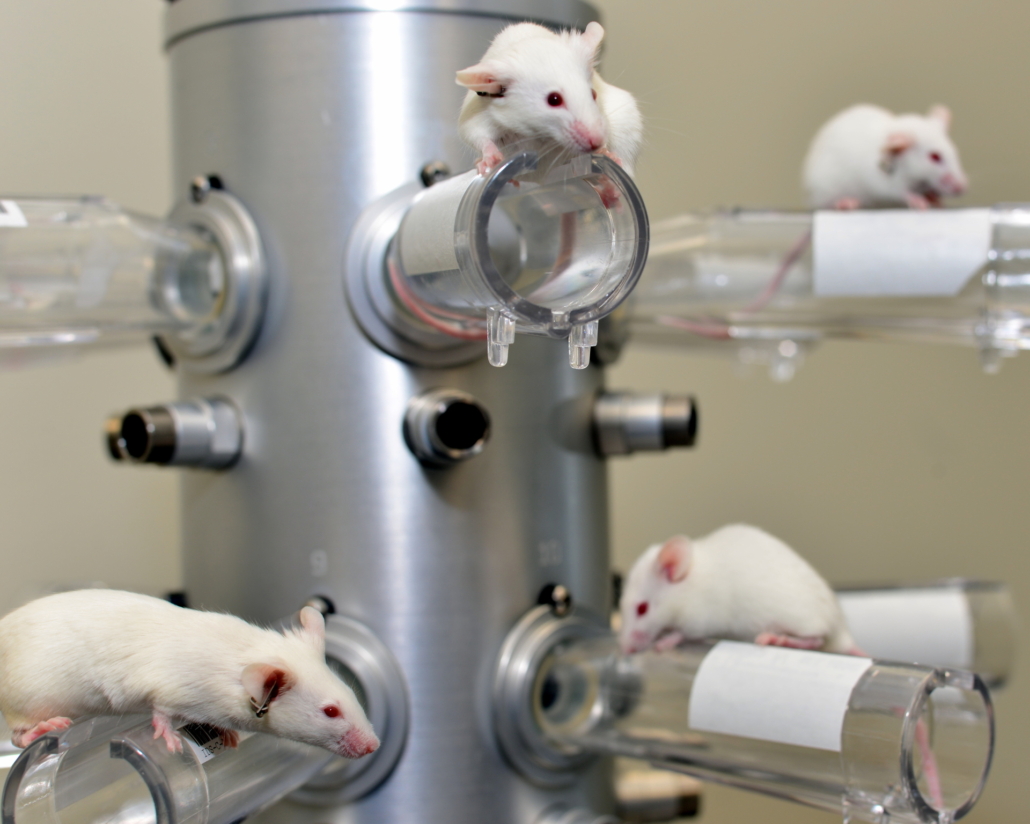
Roche targets asthma with inhalable JAK1 blocker
Researchers at Genentech have locally blocked lung inflammation in a mouse model for asthma by administration of an inhalable JAK1 inhibitor.
The team headed by Nico Ghilardi targeted of Janus Kinase 1 (JAK1) with an inhalable small molecule inhibitor for two reasons: They knew that expression of so-called type 2 kinases such as interleukin-4 (IL-4), IL-5, IL-9, and IL-13 as well as IL6 and interferons are under control of JAK1 and that antibodies directed against these cytokines provided some efficacy against asthma, a condition affecting 300 million people worldwide. Furthermore, they wanted to prevent systemic adverse effects of JAK1 blockade such as increased risk of infection, anemia, neutropenia, increased serum cholesterol concentrations, and herpes zoster outbreak, which are considered unacceptable for an asthma therapy.
Following inhalation in mice, concentrations of iJAK-381 were about 950 times higher in the lungs than in plasma. In pharmacodynamic models, iJak-381 suppressed signal transducer and activator of transcription 6 activation by IL-13. Furthermore, iJak-381 suppressed ovalbumin-induced lung inflammation in both murine and guinea pig asthma models and improved allergen-induced and reduced airway sensitivity – a hallmark of asthma. In a model driven by human allergens, iJak-381 had a more potent suppressive effect on neutrophil-driven inflammation compared to systemic corticosteroid administration of dexamethason. Jak-381 reduced lung pathology, without affecting systemic Jak1 activity in rodents.
The researchers believe that local inhibition of JAK1 in the lung can suppress lung inflammation without systemic Jak inhibition in rodents, suggesting that this strategy might be effective for treating asthma. However, they caution that future studies are necessary to assess whether localised treatment could still cause side effects within the lungs.
Asthma has a wide and complex variety of causes ranging from environmental triggers to malfunctioning signaling networks in the immune system. Most cases of asthma are currently treatable with inhaled medications, but a subset of patients with severe asthma fails to respond to currently available drugs.




